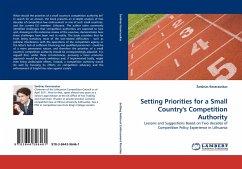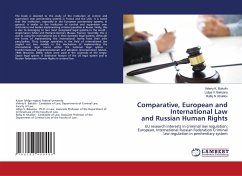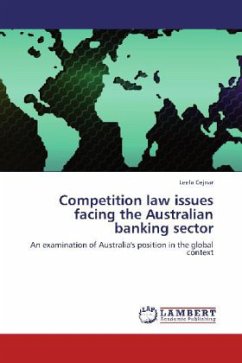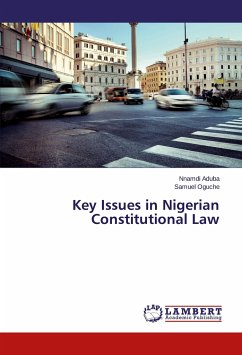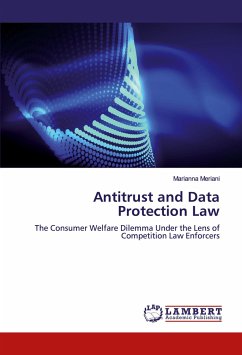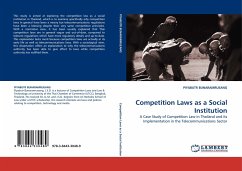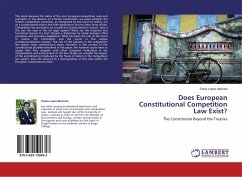
Does European Constitutional Competition Law Exist?
The Constitution Beyond the Treaties
Versandkostenfrei!
Versandfertig in 6-10 Tagen
15,99 €
inkl. MwSt.

PAYBACK Punkte
8 °P sammeln!
This book discusses the status of the core European competition rules and principles. In the absence of a formal constitution, we assess whether the Treaties competition provisions, as interpreted by the Court of Justice, are of a constitutional nature and their significance vis-à-vis other areas of law. Competition law provisions are usually not constitutional in nature, why is this not the case in the EU legal system? What are the historical and functional reasons for this? Should a distinction be made between TFEU provisions and secondary legislation? What has been the role of the Court of...
This book discusses the status of the core European competition rules and principles. In the absence of a formal constitution, we assess whether the Treaties competition provisions, as interpreted by the Court of Justice, are of a constitutional nature and their significance vis-à-vis other areas of law. Competition law provisions are usually not constitutional in nature, why is this not the case in the EU legal system? What are the historical and functional reasons for this? Should a distinction be made between TFEU provisions and secondary legislation? What has been the role of the Court of Justice, the Commission and the courts in this unique constitutionalization process? The role of the judiciary in the competition law system raises constitutional issues. However, in the context of the constitutional pluralism described in this paper, the national courts have to accept that they compete with other European institutions in the interpretation and enforcement of the law. Finally, we consider the impact of the amendments introduced by the Treaty of Lisbon in the competition law system: does this amount to a downgrading of this rules within the European constitutional order?



